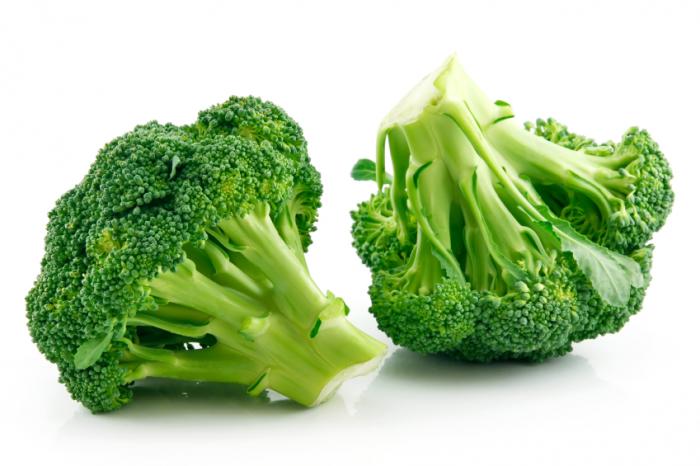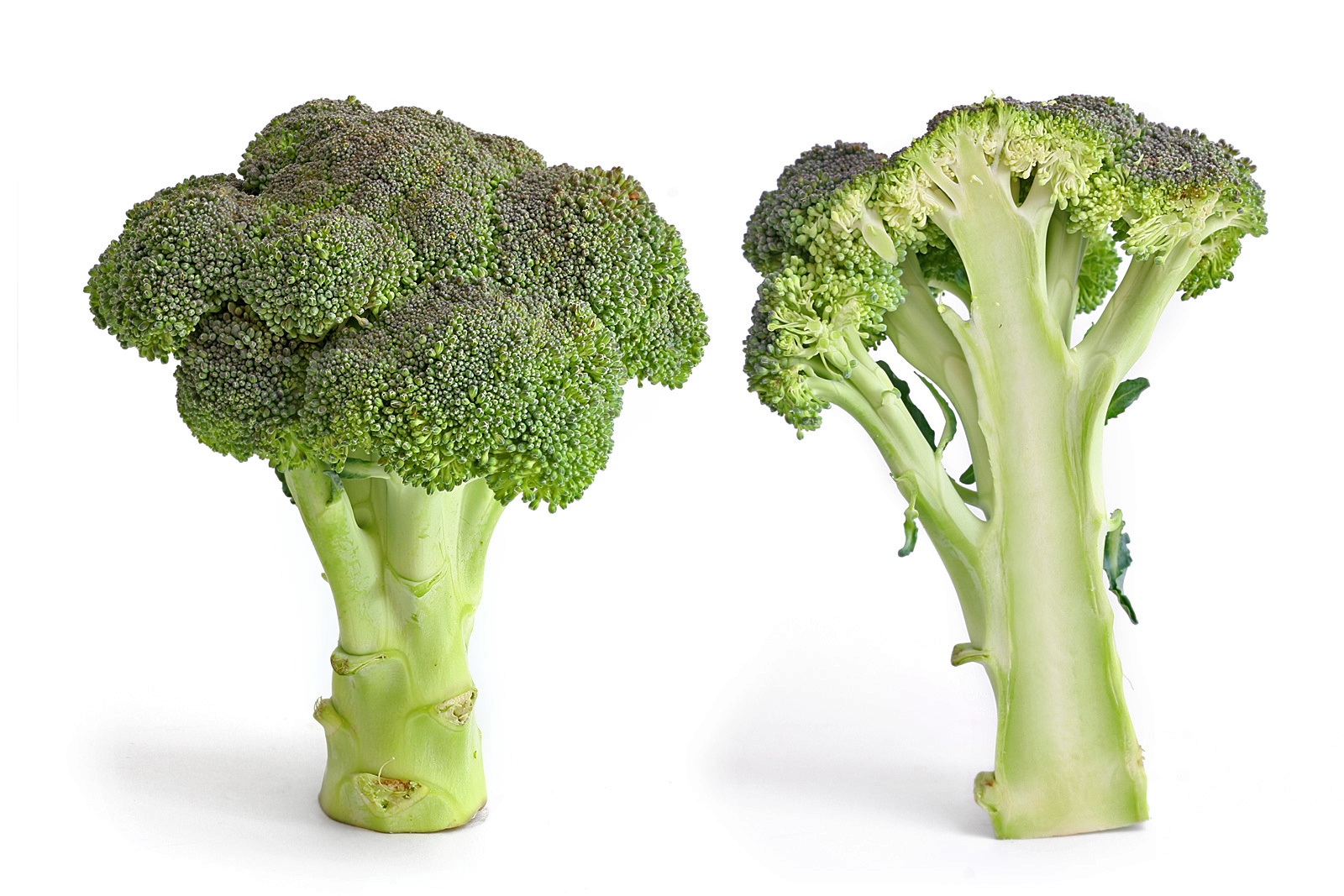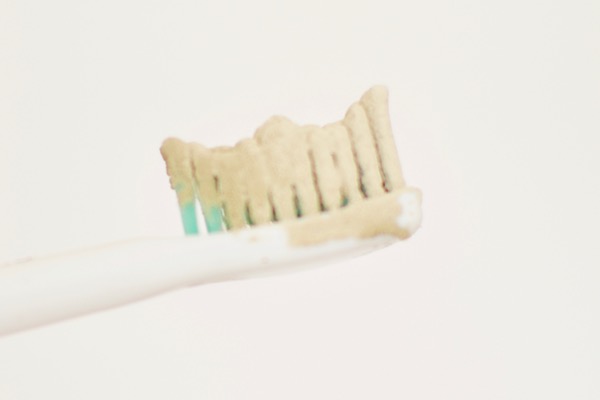Such a simple remedy for a potentially serious problem!
Broccoli is one of those veggies you either love or hate. It’s a strong-flavored food, and though it’s fun to eat the little “trees”, it can be a bit harder to eat if not cooked properly. And yet, it’s still one of the healthiest vegetables around, thanks in large part to its high fiber, mineral, folic acid, and vitamin content. If you want to be healthy, eating more broccoli is absolutely the way to go.
Back in 2009, a team of researchers at Johns Hopkins discovered that broccoli may be an effective cure for the Helicobacter pylori (H. pylori) bacteria that is responsible for ulcers, gastritis, and possibly even stomach cancer. At the very least, it can be a deterrent to slow the spread of an H. pylori infection.
Did You Know: Roughly 50% of the U.S. population over the age of 50 are H. pylori carriers!
The H. pylori bacteria doesn’t always cause ulcers or gastritis to develop. Only if the bacteria spreads out of control will it cause these infection. However, it has been linked to a higher risk of stomach cancer. It’s definitely a good idea to eradicate these bacteria before they cause problem. Thankfully, broccoli may help you out.
Broccoli contains a compound called sulforaphrane. This compound can help to reduce the colonies of H. pylori bacteria by as much as 40%. While it won’t eradicate the bacteria completely, it could help to reduce the risk of infections. After all, with fewer bacteria alive in your stomach, the risk of their overpowering your immune defenses and infecting your stomach is much lower. Alone, the broccoli won’t be enough to prevent ulcers, gastritis, or stomach cancer, but it may be able to reduce your risk. Add to that other healthy immune-boosting foods, and you’ve got a fighting chance against these pesky stomach bacteria!

READ MORE: 10 Foods That Make Cellulite Disappear
How much broccoli do you need to eat to benefit from the sulforaphrane content? Surprisingly, not as much as you might think! While the Johns Hopkins research team didn’t specify how much is necessary, they mentioned “a daily dose”. This indicates that you may only need to eat normal amounts of broccoli, though you will need to eat it every day. Adding a bit of broccoli into your daily meal plan may help to prevent the H. pylori bacteria from causing problems in your digestive system!
So, how should you be eating the broccoli? Broccoli is one of those foods that can be eaten raw, but it’s better when lightly steamed. A light steaming or stir-frying will help to activate a lot of the beneficial compounds and nutrients in the veggie (sort of like how cooking tomatoes increases the lycopene content). You don’t want to cook the broccoli until it’s soggy and an overdone green, but cook it for just a few minutes–until it turns that beautiful bright green, and still has a decent crunch to it. That’s when you should eat the broccoli!
To increase the effectiveness of the broccoli, sprinkle a bit of lemon juice over the trees before munching. The lemon juice will act as an antiseptic that can help to kill off the bacteria in your stomach and intestines. Lemon juice contains powerful antibacterial properties, making it a useful food to add to your diet if you want to reduce your risk of digestive tract problems.
Best of all, broccoli is AMAZING for your health! It’s packed with a wide range of vitamins, minerals, antioxidants, beneficial compounds, and dietary fiber. It’s one of the best foods you can eat for a healthy body.








